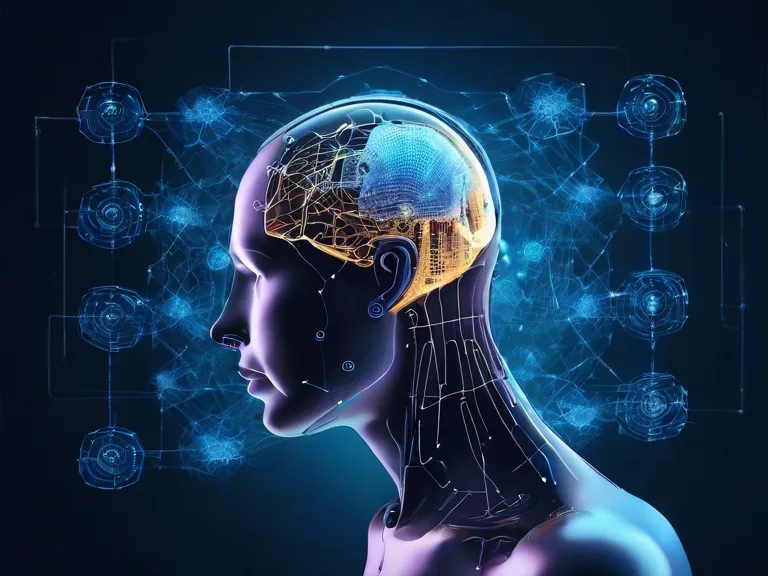
Artificial intelligence (AI) is transforming the healthcare industry, revolutionizing patient care with innovative technologies. From early disease detection to personalized treatment plans, AI is enhancing medical services in ways never before imagined. In this article, we explore the latest AI innovations that are changing the landscape of healthcare and improving patient outcomes.
One of the most significant advancements in AI healthcare is the use of machine learning algorithms to analyze medical imaging. Radiologists are now able to quickly and accurately detect abnormalities in X-rays, MRIs, and CT scans, leading to earlier diagnosis and treatment for patients. AI-powered tools can also assist in creating personalized treatment plans based on an individual's unique genetic makeup, ensuring more effective and targeted therapies.
Another area where AI is making an impact is in remote patient monitoring. With the rise of telemedicine, wearable devices equipped with AI can track vital signs, detect changes in health status, and provide real-time feedback to healthcare providers. This continuous monitoring allows for proactive interventions and better management of chronic conditions, leading to improved patient outcomes and reduced hospital admissions.
AI is also revolutionizing the pharmaceutical industry with the development of drug discovery algorithms. By analyzing vast amounts of data, AI can identify potential drug candidates more quickly and efficiently than traditional methods. This accelerated drug discovery process has the potential to bring life-saving medications to market faster, benefiting patients in need of novel treatments.
In addition to these advancements, AI is also being used to streamline administrative tasks in healthcare facilities. Virtual assistants powered by AI can schedule appointments, handle billing inquiries, and provide patients with information about their healthcare plans. By automating these routine tasks, healthcare providers can focus more time and energy on delivering quality care to their patients.
Overall, AI has the potential to revolutionize patient care in ways that were once unimaginable. By harnessing the power of machine learning and data analysis, healthcare professionals can provide more personalized, efficient, and effective treatments to improve health outcomes for their patients.


